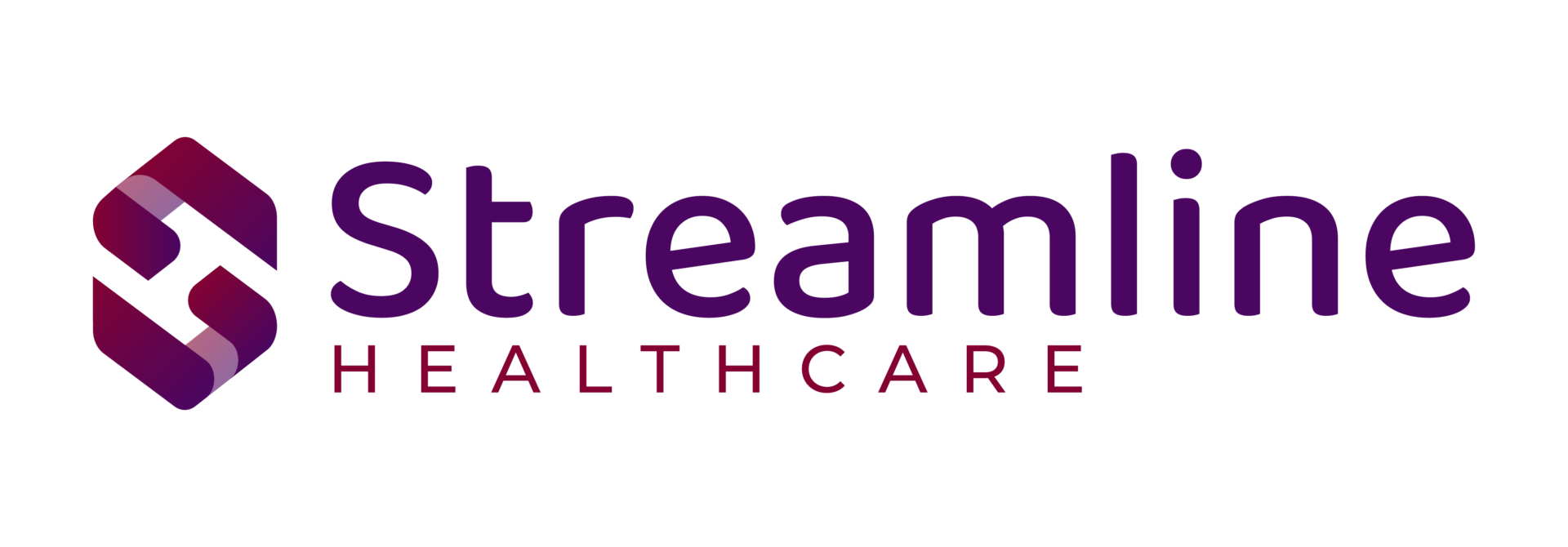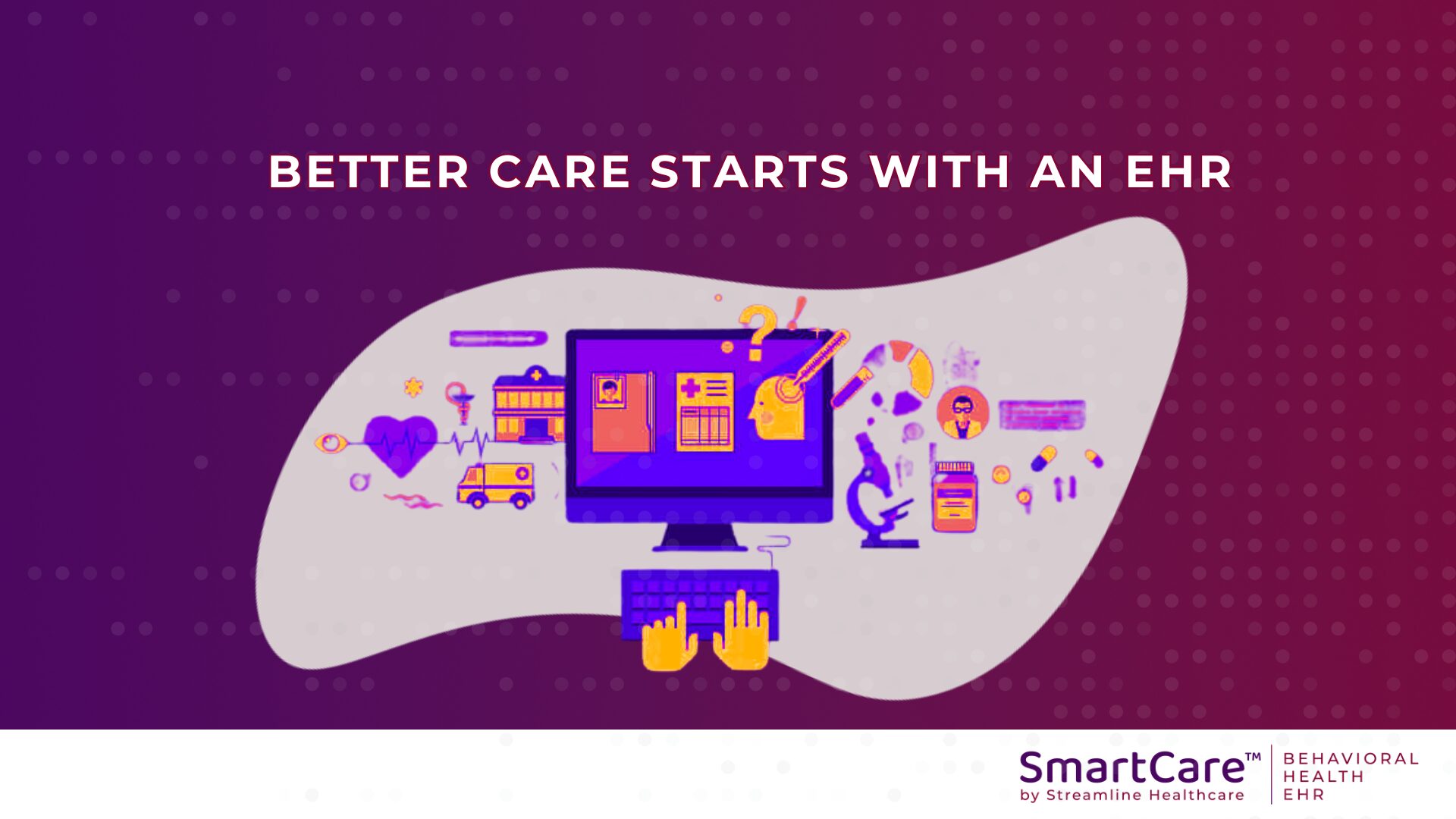A well organized and well managed help desk can make a huge difference in the overall success of the relationship between a customer and the Electronic Health Record (EHR) vendor. In order for a help desk to truly support the immediate needs of a customer, it must have excellent staffing and well-defined processes that are clear, transparent, and plan for adaptability and growth.
EHR Help Desk Staffing
The most critical component of a successful EHR help desk is the staff responding to customer requests. Having a well-rounded help desk with applicable experience and backgrounds in IT and healthcare, is essential to understanding the language and culture of the customers that organization serves. According to a blog written by Gayatri Akella on the Vision Help Desk website, help desk staff should have patience, empathy, a sense of urgency, speed and accuracy, and be skilled in organizational management. Staff should also be trained on best practices: how to answer emails or calls, how tickets are triaged and escalated, and given clear team and individual goals (MotherG. Characteristics of an Excellent Help Desk). A team oriented attitude cultivates a collaborative team spirit (Mendes, Natalie. 12 essential skills you need in help desk job). A quality help desk staff member will feel responsible for not only their tasks, but will also be invested in the team’s workload. Lastly, staff should be passionate about the product and work as champions of the EHR. Staff who possess this quality will strive to understand the product inside and out and will seek to improve it. This enthusiasm will be apparent in their day to day interaction with customers as well.
Defining Help Desk Processes
Help Desks should have well defined processes that are documented and accessible to help desk staff and customers alike. A qualified help desk has processes in place to respond to requests the help desk typically receives (MotherG. Characteristics of an Excellent Help Desk). A help desk should also have:
- A triage system that helps diagnose and assign issues to the right person for the quickest solution
- The ability to report how long on average it takes to start working on the request and how long it takes to resolve.
- Effective and proactive communication with end users
Customers need to know the status and progress of tasks and receive prompt communication to improve customer satisfaction. Help desks should also help customers resolve issues themselves when possible. Building a knowledge base, documentation library, or customer blog can help customers retrieve information easily without the need to contact the help desk for every question. Surveying customers is another way to gauge their overall satisfaction, and can provide the EHR with honest feedback about services being rendered. Surveys can also help identify any potential bottlenecks in the company workflow and root causes of repeat issues.
Growing a quality help desk can be a challenge for many EHR organizations. However, this critical component to customer satisfaction is worth the time and energy needed to cultivate it. Processes are needed to maintain order and structure and to ensure that customer requests are being handled timely and accurately. Focusing on these two primary needs of the organization, can be the difference between a help desk that flourishes and a help desk that flounders.
Richelle Kracht
Director of Customer Support
Richelle Kracht has been working in healthcare administration for 15 years, with experience in records management, CARF and state audits, and health and safety compliance. After receiving a Bachelor of Arts from Western Michigan University, she worked at Western Michigan University’s Unified Clinics for seven years as the Medical Records Manager, HIPAA Privacy Component Officer and Health and Safety Chair. She received her Master of Arts from Western Michigan in April, 2013 and joined Streamline Healthcare Solutions later that year. She now serves as Director of Customer Support, overseeing the Support Help Desk. She also works closely in partnership with Western Michigan University’s Health Informatics and Information Management and Computer Information Science majors, through various internships, senior capstones and mentoring opportunities.




